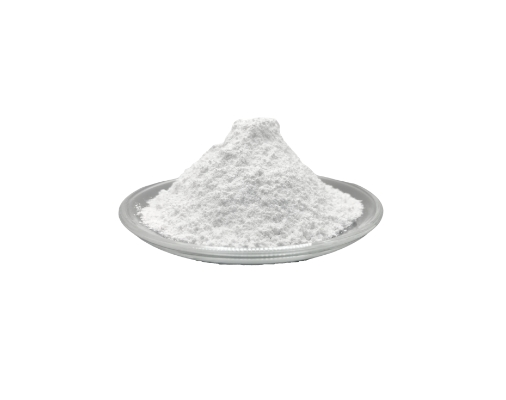Unveiling the Optimal Cement for Concrete Blocks: A Comprehensive Guide
Concrete blocks, widely used in construction projects, owe their strength and durability to the cement used in their production. However, not all cements are created equal when it comes to concrete block manufacturing. In this article, we will delve into the world of cement and explore the ideal type for crafting high-quality concrete blocks. So, let's uncover the secrets behind selecting the perfect cement for your concrete block needs.
- Understanding Concrete Blocks:
Before delving into the specifics of cement selection, it is crucial to grasp the fundamentals of concrete blocks. These versatile building materials consist of a mixture of cement, aggregates, and water. Cement acts as the binding agent that holds the aggregates together, forming a solid and robust structure. - The Role of Cement in Concrete Blocks:
Cement plays a pivotal role in determining the strength, durability, and overall quality of concrete blocks. It provides the necessary chemical reactions to initiate the hardening process, known as hydration, which transforms the mixture into a solid mass. The choice of cement greatly influences the final characteristics of the concrete blocks. - Portland Cement: The Go-To Choice:
When it comes to manufacturing concrete blocks, Portland cement emerges as the preferred option. This type of cement, named after the renowned Portland stone, offers exceptional strength and durability. Its composition includes a mixture of limestone, clay, and other minerals, finely ground to create a fine powder. - Types of Portland Cement:
a. Ordinary Portland Cement (OPC): OPC is the most commonly used cement in concrete block production. It provides excellent compressive strength and is suitable for a wide range of applications.
b. Portland Pozzolana Cement (PPC): PPC, blended with pozzolanic materials like fly ash or silica fume, enhances the workability and durability of concrete blocks. It also exhibits better resistance to chemical attacks.
c. White Portland Cement (WPC): WPC, produced from raw materials with low iron content, is ideal for manufacturing aesthetically appealing concrete blocks. Its white color allows for better pigmentation and coloring options. - Supplementary Cementitious Materials (SCMs):
To further enhance the performance of cement in concrete blocks, supplementary cementitious materials can be added. These materials, such as fly ash, slag, or silica fume, improve workability, reduce permeability, and increase long-term strength. The addition of SCMs also contributes to sustainable construction practices by utilizing industrial by-products. - Considerations for Cement Selection:
a. Strength Requirements: Depending on the intended use of the concrete blocks, the required strength should be determined. Higher strength cements, such as OPC, are suitable for load-bearing applications, while lower strength cements may suffice for non-structural purposes.
b. Climate and Environmental Factors: Consider the local climate and environmental conditions when selecting cement. Certain cements, like sulfate-resistant cement, are better suited for areas with high sulfate content in the soil or water.
c. Cost and Availability: Evaluate the cost and availability of different cement types in your region. Opt for a cement that strikes a balance between quality and affordability.
Conclusion:
Selecting the right cement for concrete block production is crucial for ensuring the strength, durability, and overall quality of the final product. Portland cement, particularly OPC, remains the preferred choice due to its exceptional properties. However, considering supplementary cementitious materials and specific requirements can further enhance the performance of cement in concrete blocks. By understanding the nuances of cement selection, you can confidently embark on your construction projects, knowing that your concrete blocks will stand the test of time.

Average Rating